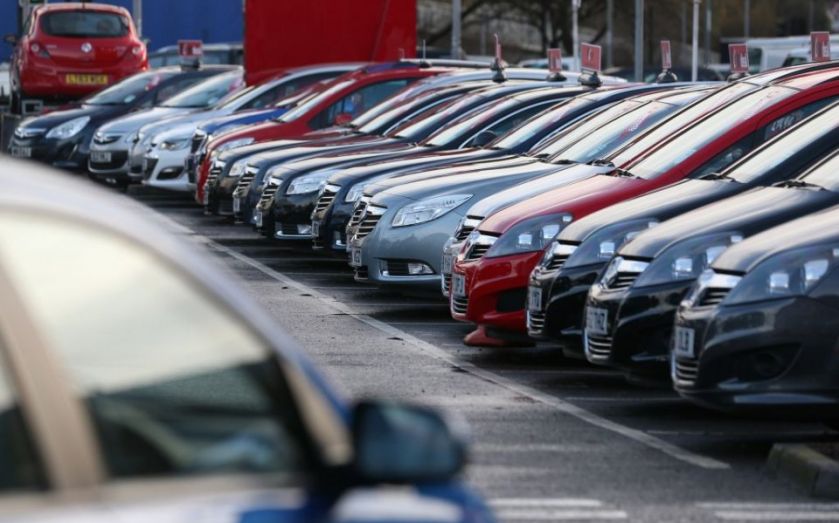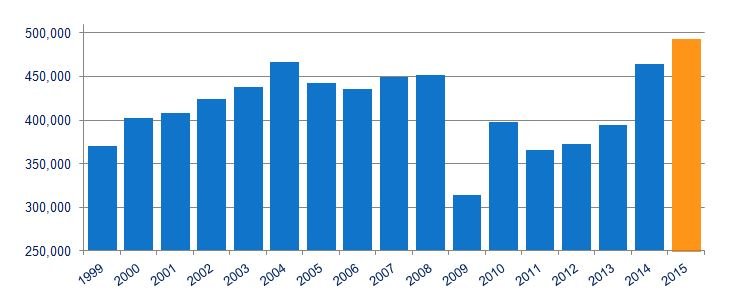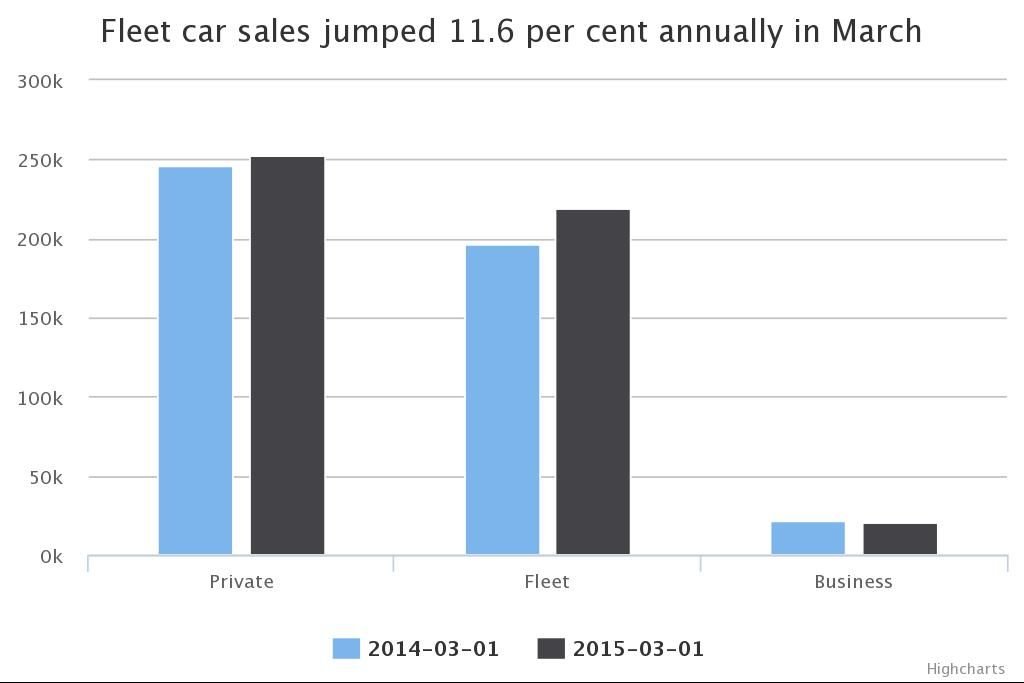Three reasons new car sales had their best month since 1999

Car dealerships across the country have been partying like it's 1999.
They sold 492,774 new cars last month, which represents a six per cent increase from the same time last year, data released today by the Society of Motor Manufacturers has shown. It was the best March on record, as well as the best monthly performance since the biannual change in number plates was introduced in 1999.
The growth was even more impressive given car sales have already put in an excellent performance this year. They rose by 12 per cent in the year to February, and this came after they had roared to ten-year high of 2,476,435 in 2014.
But like Prince sang – "parties aren't meant to last" – and economists have said the trend is unlikely to continue for the rest of the year. "It is unrealistic to expect car sales to keep achieving strong growth rates through 2015 given that they are now at such an elevated level," Howard Archer, chief economist at IHS, said.
Here's what drove March's stellar figure:
1. New "15" registration plate:

Consumers were tempted by the new '15 registration plates which became available for the first time in March. Before the twice yearly change was introduced about 16 years ago, new plates were only available once a year in September, and this was routinely the best month for car sales.
2. As well as confident consumers:
The SMMT said customers were taking advantage of "attractive finance packages underpinned by low interest rates". This means dealerships are using record low interest rates – the base rate is currently at 0.5 per cent – and giving customers desirable deals when they take out a loan to pay for a new car.
But behind this is the fact that the UK economy is simply doing better, as "noflation" makes consumers richer, and a general pick-up gives people the confidence to take out new loans.
"Consumers’ purchasing power has recently seen marked improvement and this should continue over the coming months due to extremely low consumer price inflation and strengthening earnings growth, while employment is likely to keep on rising," Archer said.
"Furthermore, interest rates are unlikely to rise until around the turn of the year."
3. Not forgetting the fleet sector:

Companies renewing their staff car pools pushed new car sales in the fleet sector up 11.6 per cent annually.
"The SMMT have noted that many fleet car buyers have a three-year replacement cycle so many of the cars purchased at the start of the upturn three years ago are now due for replacement," Archer said.